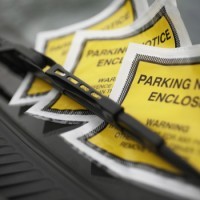From Angus Council, through to West Lothian Council, the team at Scotland Debt Solutions are able to help with your council tax arrears. We have extensive experience helping with council tax arrears from large city councils such as Aberdeen City Council, City of Edinburgh Council, Glasgow City Council and Dundee City Council, as well as those councils covering county areas including Renfrewshire Council and East Renfrewshire Council, Aberdeenshire Council, North Ayshire, South Ayrshire, and East Ayrshire Council, North Lanarkshire and South Lanarkshire Council, and East Dumbartonshire and West Dumbartonshire Council.
As council tax arrears are an extremely serious debt to have, it is important to confront the problem head on and not bury your head in the sand. No matter whereabouts in Scotland you are based, we can help. So regardless of whether you have council tax arrears to Scottish Borders Council, or you are located at the opposite end of the country and owe money to The Highland Council, Orkney Island Council, Shetland Islands Council, or Comhairle nan Eilean Siar, the help and advice you will receive is the same.
All councils have the right to take enforcement action against those with council tax arrears, however, each council will approach things in their own way. How Agyll and Bute Council may deal with arrears, may be different to the approach Dumfries and Galloway may take for example, which again may not be exactly the same as the steps Fife Council, Stirling Council, or Falkirk Council may take against those with arrears.
At Scotland Debt Solutions we have worked with councils across Scotland including The Moray Council, Clackmannanshire Council, East Lothian Council, Midlothian Council, Perth and Kinross Council, and Inverclyde Council to help residents get on top of their council tax debts.

















